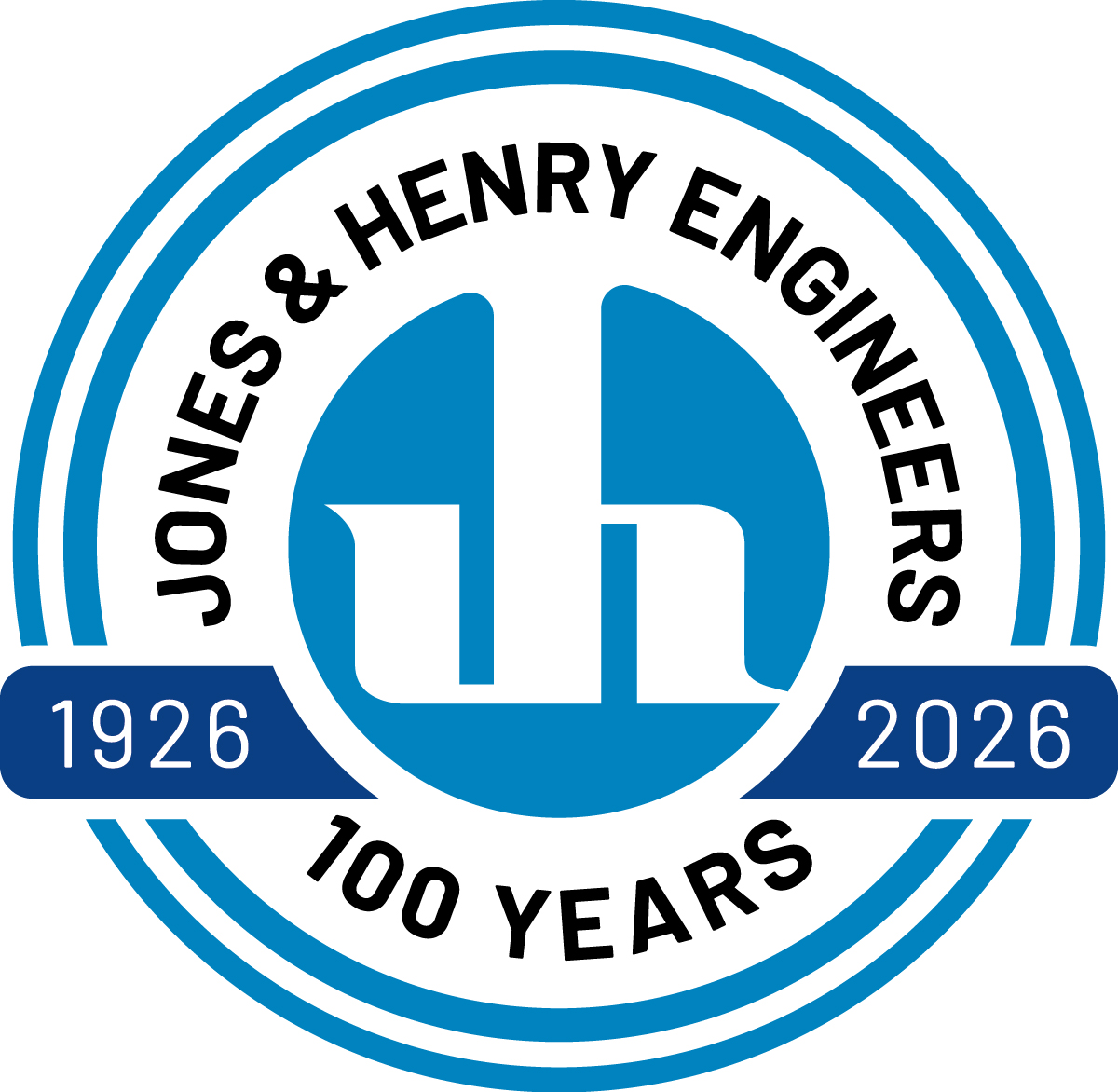
How cultivating a completion mindset can transform project outcomes and drive a team’s success.
In today’s engineering environment, the ability to finish projects is more crucial than ever. Many organizations launch ideas and projects with great enthusiasm, but all too often, they stall before reaching fruition. One of Jones & Henry’s cultural benchmarks emphasizes the importance of driving projects to completion and highlights how setting follow-up dates can be a game-changer in ensuring results.
The Importance of Follow-Up Dates
One of the most effective methods for keeping a project on track is recording a follow-up date for every action item. Establishing clear timelines not only keeps everyone accountable but also helps measure progress. When you establish a follow-up date, you are essentially making a commitment—to yourself and to your team—that you will see the task through to its completion. Without these checkpoints, it’s easy to let things fall by the wayside.
Taking Responsibility
Driving a project to completion also requires personal responsibility. Ownership is essential because it encourages individuals to take pride in their contributions. When team members understand that they are responsible for specific deliverables, it fosters a sense of urgency and dedication. Accountability can lead to improved collaboration and a greater collective drive to finish tasks efficiently.
Cultivating a Completion Mindset
To foster a completion mindset within your team or organization, consider the following strategies:
Set Clear Goals: Define success for each project or task. Establish measurable objectives to help track progress.
Hold Regular Check-Ins: Maintain open lines of communication. Regular meetings to discuss progress help identify roadblocks early.
Encourage Team Collaboration: Foster an environment where team members can support each other. Collaboration often leads to innovative solutions that help overcome challenges.
Celebrate Milestones: Recognizing small wins along the way can motivate the team and sustain momentum through to project completion.

Results Matter
It’s essential to remember that in the business world, results are what ultimately matter. Organizations thrive on completing projects, not merely on initiating new ones. While generating ideas and launching initiatives are vital for innovation, the accurate measure of success lies in the ability to see them through to the end. Ultimately, completing projects leads to better outcomes, improved client satisfaction, and, most importantly, delivering on promises made to stakeholders.
Conclusion
At Jones & Henry, we get paid for completing projects, not just for launching them. Prioritizing results and fostering a completion mindset leads to achievement and success. Driving projects to completion is not merely about checking boxes on a to-do list; it’s about creating a culture of accountability and commitment to results. By recording follow-up dates and taking responsibility for our actions, we ensure that our projects start strong and finish even stronger.

Harnessing the power of benchmarking.
At Jones & Henry, we established 21 benchmarks to enhance our engineering processes and cultivate a robust corporate culture.




